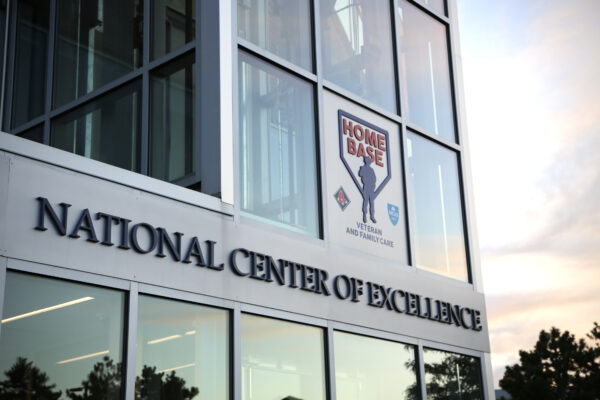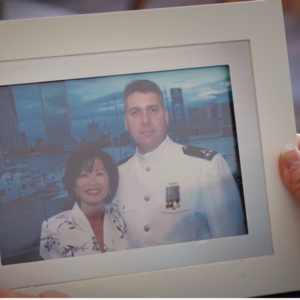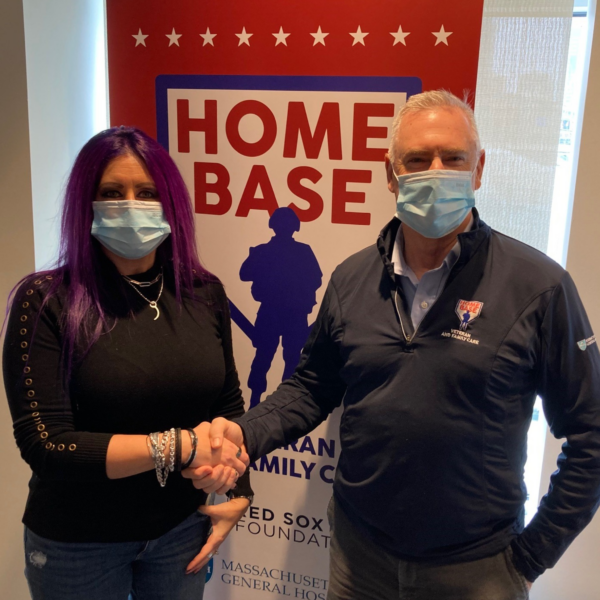Any family member of a Fallen Veteran or Service Member.
The Intensive Clinical Program for Families of the Fallen (ICPFF), originally established in 2017 through a partnership with the Tragedy Assistance Program for Survivors (TAPS), is a groundbreaking outpatient treatment program designed to treat survivor families of traumatic military deaths, with a special focus on survivor families of military suicide. Participants receive up to two years of treatment in a two-week program which combines evidence-based therapy with complementary and alternative medicine.
The ICP for Families of the Fallen is located at the Home Base National Center of Excellence in Charlestown, MA, staffed by experts and innovators in military mental health and wellness through a partnership with Massachusetts General Hospital.

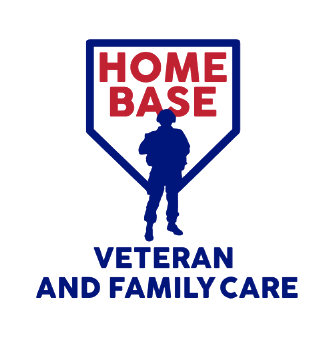
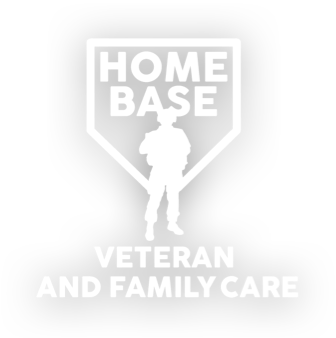 Home Base
Home Base 
